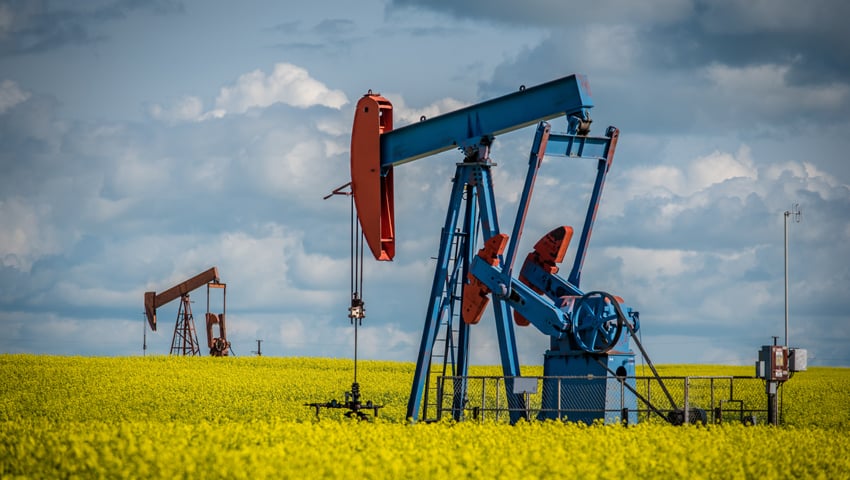A new report from international experts at IPES-Food reveals the alarming extent to which fossil fuels are flooding into food systems – turning food into the new growth frontier for Big Oil. Yet food remains sidelined from national climate pledges and international negotiations.
The report – Fuel To Fork: What will it take to get fossil fuels out of our food systems? – finds that 40 per cent of all global petrochemicals are now consumed by food systems – mainly through synthetic fertilisers and plastic packaging. With petrochemicals the single largest driver of oil demand growth, food systems are now fuelling fossil fuel expansion, even as other sectors begin to decarbonise.
The findings come amid intensifying geopolitical instability and surging oil prices. The experts warn that food prices could soon follow – with food and energy prices deeply intertwined – putting millions at risk of hunger.
Fossil fuel dependence is driving food insecurity, the report authors say, making the need to de-link food from fossil fuels ever more urgent.
‘The lifeblood of the food industry’
Errol Schweizer, IPES-Food expert said, “Fossil fuels are, disturbingly, the lifeblood of the food industry. From chemical fertilisers, to ultra-processed junk food, to plastic packaging, every step is fossil fuel-based. The industrial food system consumes 40 per cent of petrochemicals – it is now Big Oil’s key growth frontier. Yet somehow it stays off the climate radar.”
The report details how fossil fuels are embedded across every stage of the food chain – from fertilisers, pesticides, and plastics to ultra processed foods, plastic packaging and cold storage – supported by generous subsidies for fossil fuels and chemical-intensive agriculture.
Key findings include:
- 99 per cent of synthetic nitrogen fertilisers and pesticides are derived from fossil fuels
- One-third of all petrochemicals go toward producing synthetic fertilisers – the biggest fossil fuel consumer in agriculture
- Food and drink packaging accounts for at least 10 per cent of global plastic use – with a further 3.5 per cent used in agriculture
- Industry-led ‘solutions’ like ‘blue’ ammonia fertilisers and digital agriculture are costly, energy-intensive, and environmentally risky – and entrench fossil fuel dependence and corporate control
Indigenous practices offer solutions
Georgina Catacora-Vargas, IPES-Food expert said, “Fossil fuel-free food systems are not only possible, they already exist, as the world’s Indigenous people teach us. By shifting from ultra-processed diets to locally sourced, diverse foods; by helping farmers step off the chemical treadmill and rebuild biological relationships; by re-dignifying peasant farming and care work – we can feed the world without fossil fuels.”
The authors warn that tackling climate change is impossible without cutting fossil fuels out of food systems – and that real solutions already exist. They urge governments to seize the opportunity at COP30 in Brazil to phase out fossil fuel and agrochemical subsidies, and shift food and farming toward agroecology, shorter supply chains, and resilient local food systems.
Raj Patel, IPES-Food expert said, “Tethering food to fossil fuels means tying dinner plates to oil rigs and conflict zones. When oil prices rise, so does hunger – that’s the peril of a food system addicted to fossil fuels. Delinking food from fossil fuels has never been more critical to stabilize food prices and ensure people can access food.”
